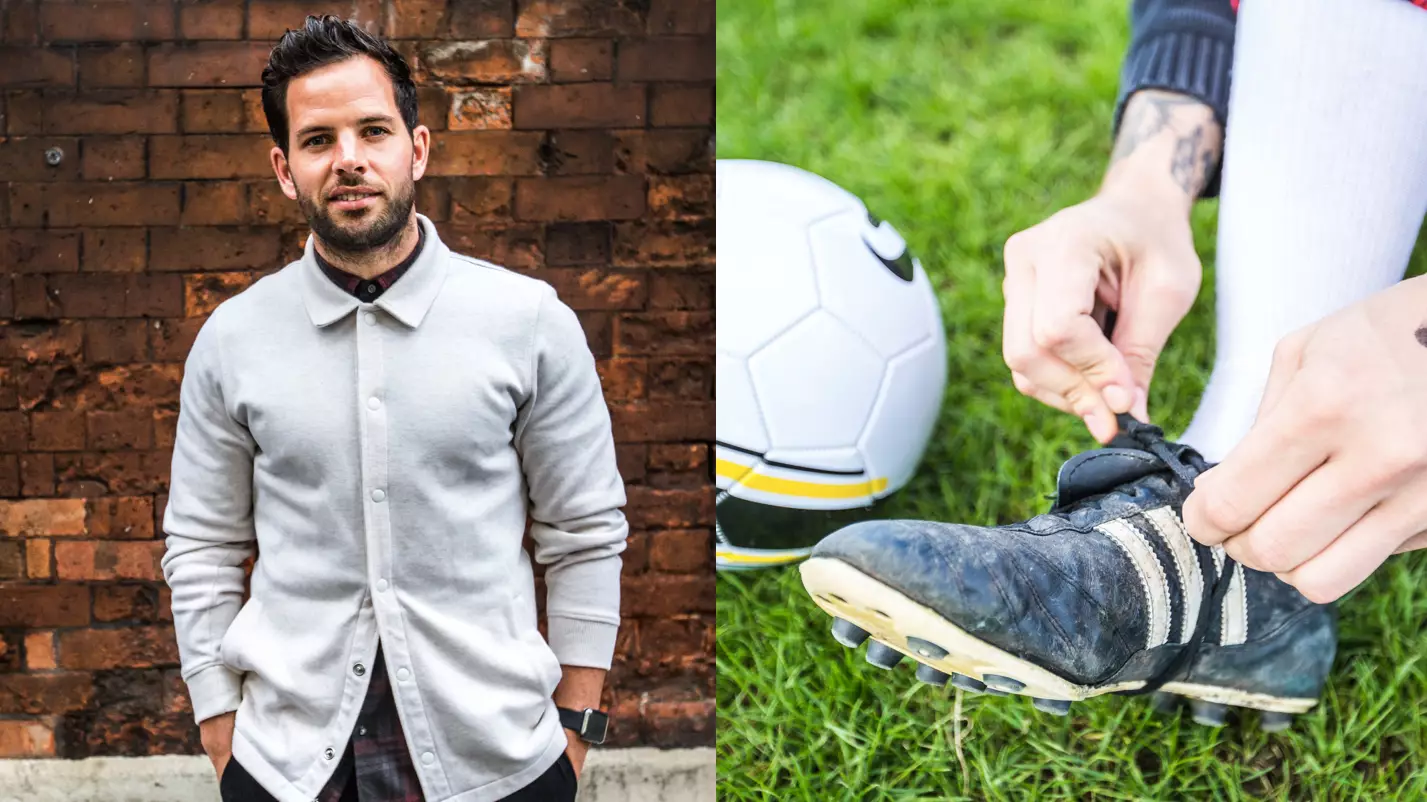
SPONSORED BY

SPORTbible, in partnership with Sure, investigates how footballers handle the pressure of finding a new career once their playing days are over.
Tom Bonner plays for Dartford. At 31, he doesn't have much longer left in the game. He's part-time, too, so needs another income since the arrival of his newborn son.
15 years earlier, he had the world at his feet. Bonner, a naturally gifted defender, was picked up to be part of Queens Park Rangers' academy; the same academy that would later go on to produce the likes of Raheem Sterling.
Playing for Scotland at U18 level, in his own words, Bonner was 'too good, too young'. Relying on talent alone isn't enough to make it to the top and having failed to commit himself to the game, QPR let him go at 16.
'It was the first the first time I felt rejection,' he says. When I got released they said I wasn't good enough and said goodbye. I can't talk for now, but when I was at QPR, there wasn't anything in place to help you if you didn't make it.'
After a career in the lower leagues including a spell with Cambridge, Tom is now looking at life beyond the beautiful game.
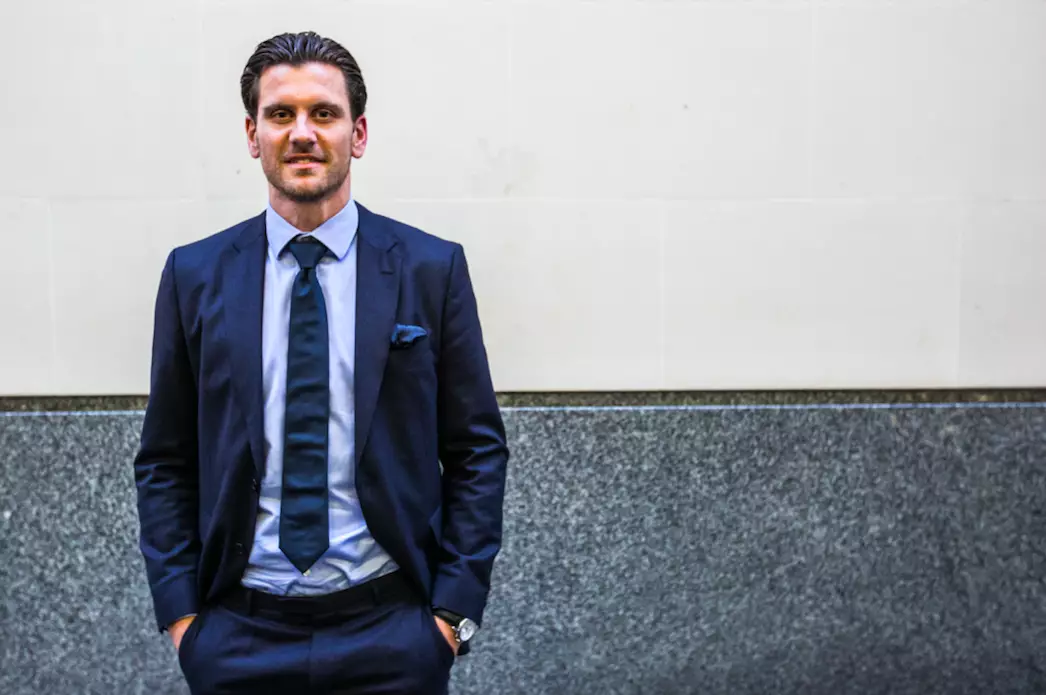
He's made good money from football, but needs something more long-term. So he recently started working in recruitment, but the transition hasn't been easy.
Bonner explains: 'You are protected as a footballer. I've heard of stories at Manchester United, they're not allowed to do any DIY in case they get injured. If you want something changed or some furniture put together, you ring someone up and they do it. It's a very sheltered life.
'I almost quit recruitment three times in the first two weeks. It's hard working 10 hour days for no reward. Now I set my alarm at 5.45am and put on a suit, six months ago my alarm was going off at 9am and I was putting a pair of tracksuit bottoms on to go and play football. But I want my son to see his old man working hard. When he came along, it really propelled my decision to look at life after football. That's why I have got to attack recruitment with everything I've got.'
Tom's story is not unique, not by a long way. Jamie Stephens is Barnet's first-choice goalkeeper but was once a bright young prospect having been picked up by Liverpool from Swindon Town aged just 16. By 19, he was out in the cold at Anfield and looking for another club.
Sam Wood is another. He plays for non-league side Eastleigh full time after a long and varied career in the game, but at 31 there's not long left, and the money he's made from football won't last forever. 'I want to be a personal trainer,' he says. 'I want to travel, too.'
The PFA say between 600 and 800 players are released by clubs in the United Kingdom every year, few of whom will have a plan in place for the future. 75% of all academy members will be out of the game by 21. So what happens to those who have been cut adrift?
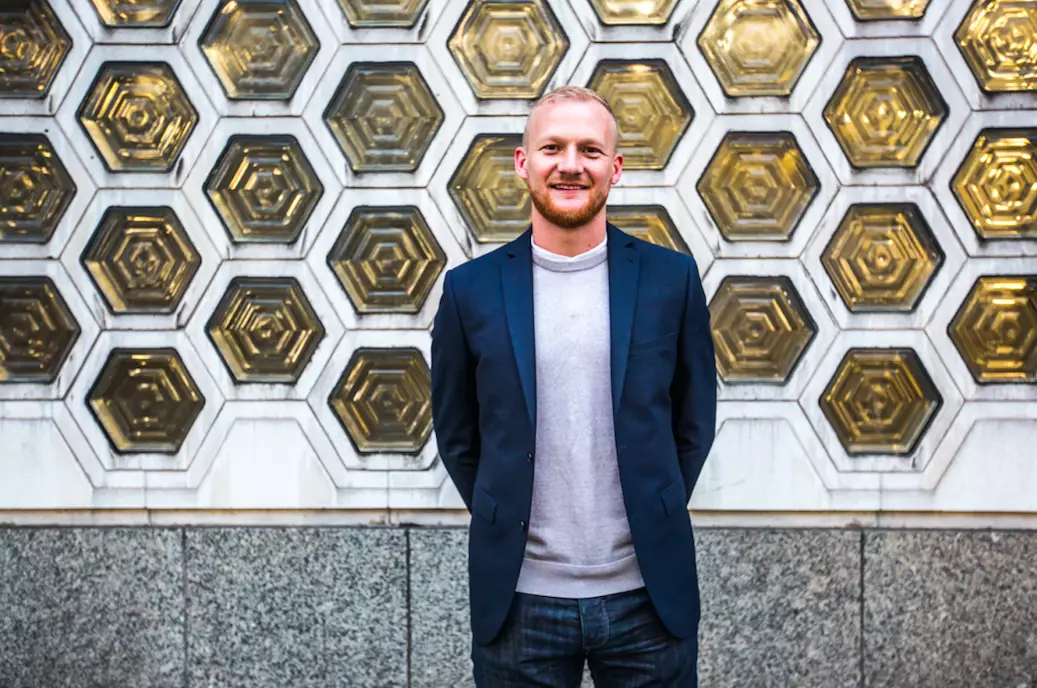
That's where Robbie Simpson comes in. Because he was in the exact same position.
Months after completing his degree in Sport Science and Mathematics at Loughborough, Simpson found himself lining up for Coventry against Manchester United in the League Cup back in 2007. In front of 75,000 fans he played the full 90 minutes as Coventry sprung a huge shock. It was an incredible high from which Simpson looked to launch a long and successful career. A few years later, he was out of the game.
'It was so tough. My savings were dwindling. I was doing my own gym work to keep fit. No one there to push me. My wife was asking ''are you going to get a deal, what are you going to do? We need some money, we need to pay the bills, do we need to move house?''.
'It was really stressful. It was probably the toughest time of my life. It was at that moment, if I need to get another job, I didn't feel like there was the necessary guidance or support there. Obviously the PFA offer some guidance, especially into educational stuff. But I already had a degree. In terms of routes in and career guidance, I didn't think there was enough there. It was a lightbulb moment.'
After setting up a LinkedIn page, Robbie got in touch with Rob Steed, a specialist in recruitment. Together they set up Life After Professional Sport, or LAPS. Robbie, a striker by trade, still plays with Exeter City after working his way back into the game through the lower leagues. But he's very much got his eye on a bigger goal.
LAPS is the 'ultimate careers resource platform offering advice, networking and job opportunities for future, current and former elite athletes'.
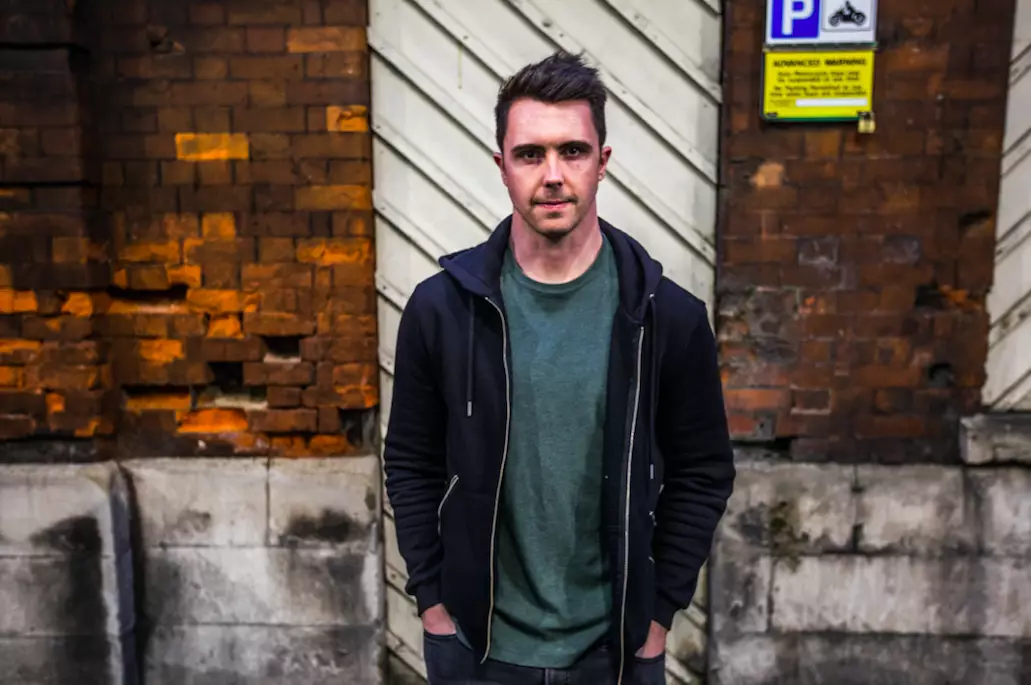
'Our main motto is that it's never too early to start planning for life after sport, Robbie explains. 'You can only look at stories like Ryan Mason to know it can end in the blink of an eye.'
They now have 2,000 members across numerous sports and the likes of Adam Lallana and Alex Scott have spoken out on their behalf, encouraging athletes to plan for their futures and for careers outside of football by learning life skills among other practical solutions.
'Lots of companies have found that sports people are driven, they're goal setting, determined, they learn from failure quickly and easily coached. We run loads of different events and work with the Premier League and charity Sporting Chance to help offer practical advice.
'Footballers are going to learn a lot quicker than the average man, plus they have grit and determination. There's a whole host of transferable skills from sport into business.
LAPS are a small piece of a large network designed to help the 70% of players who aren't fortunate enough to decide exactly when they will retire; either because injury has forced them to or they can't find a club.
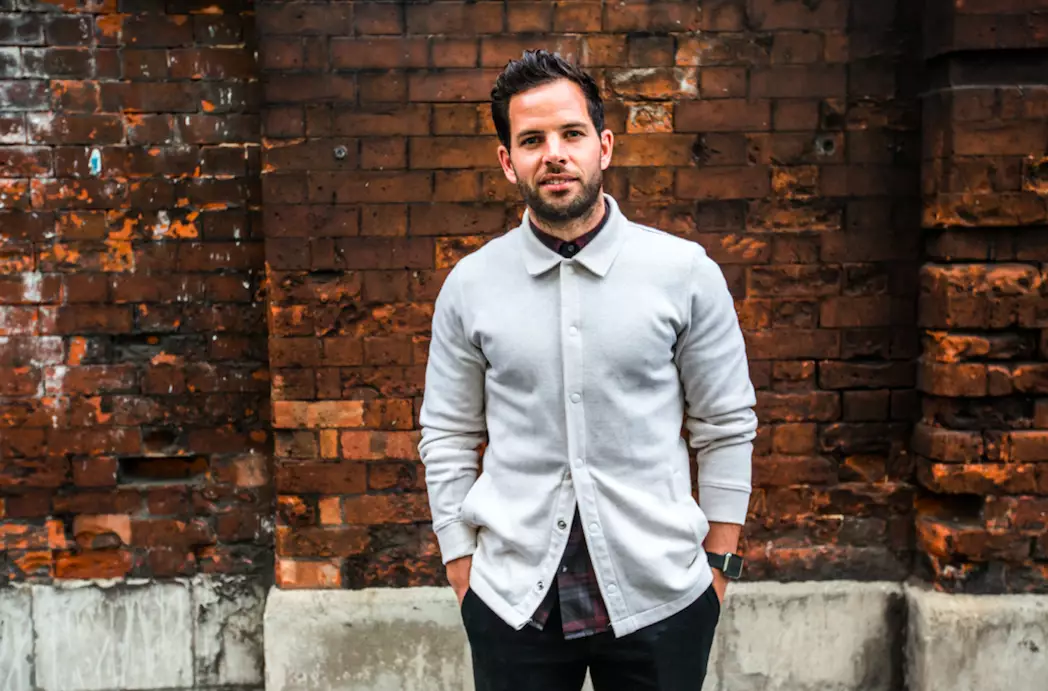
The PFA say they spend £8 million every year to support their members educationally; anyone can apply for funding to put them through a nationally recognised qualification such as a university degree. Ex-players such as Richard Kelner, who was funded by the PFA to gain his commercial pilot's licence, have felt the benefit. Former Chelsea and Newcastle player Gavin Peacock was even given a grant to study theology and is now an ordained minister.
The PFA also run transitional workshops to help footballers with everyday skills they may not have acquired along the way such as buying a house or setting up a bank account.
With help on hand from the likes of LAPS and the PFA, the future outside of football looks brighter than before for players like Jamie Stephens and Tom Bonner.
'I've known players who have gone through things who have struggled to make ends meet and have gone through their savings or had to sign on,' says Jamie. 'Again, it's not nice, especially when you have been at the top earning good money. It's good being able to talk and learn from them. There are a lot of footballers out there who are going through these issues and could do with the help.
'My future is positive regardless of football because I've been working with LAPS. I'm in a good mindset to work in football to progress and go higher because that's still my ambition, to be the best I can be. And if it's not through football, I'd like to achieve something else, I'm not sure what it is yet, but my outlook is really positive.WORDS: WILSON CRANFIELD
Advert
PHOTOGRAPHY: JAKE LEWIS
Featured Image Credit: